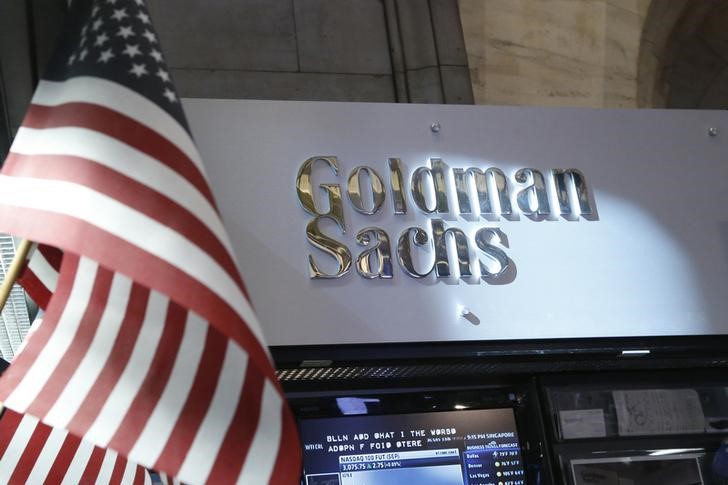Futures slip, bank earnings ahead, Powell to speak - what’s moving markets
By Sam Boughedda
In a note on artificial intelligence and the effects on economic growth, Goldman Sachs analysts told investors that the recent emergence of generative AI raises the question as to whether we are "on the brink of a rapid acceleration in task automation that will drive labor cost savings and raise productivity."
The analysts stated that despite significant uncertainty around the potential of generative AI, its ability to generate content indistinguishable from human-created output and to break down communication barriers between humans and machines reflect a significant advancement with "potentially large macroeconomic effects."
"If generative AI delivers on its promised capabilities, the labor market could face significant disruption," wrote the analysts.
They explain that using data on occupational tasks in the US and Europe, they find that "roughly two-thirds of current jobs are exposed to some degree of AI automation." They added that generative AI could substitute up to one-fourth of current work.
However, they note that worker displacement has historically been offset by the creation of new jobs and the emergence of new occupations.
As a result, the analysts believe the combination of significant labor cost savings, new job creation, and higher productivity for non-displaced workers raises the possibility of a productivity boom that increases economic growth substantially. However, they noted that the timing is hard to predict.
"The boost to global labor productivity could also be economically significant, and we estimate that AI could eventually increase annual global GDP by 7%," the analysts wrote.
